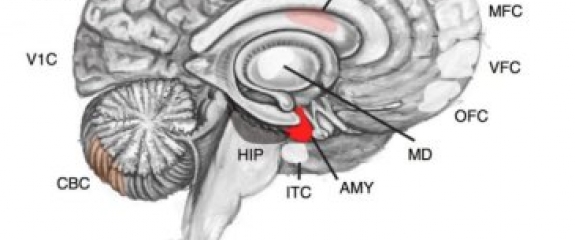Mutations may play an important role in autism

A recent study has reported how mutations that occur after conception may play an important role in autism. The study in Nature Neuroscience combined three genetic sequencing technologies looked at data from nearly 6,000 families. Mutations in more than 60 different genes have been linked with autism spectrum disorder (ASD) over the last 10 years or so. These have included spontaneous, non-inherited (de novo) mutations. Despite these observations much of autism still remains unexplained.
The study looked at the emerging category of de novo mutations: those found in only a subset of our cells. De novo mutations can occur in a parent's sperm or egg, or they can occur after fertilization, arising in an embryonic cell. Known as post-zygotic mutations they can be hard to detect.
To find these post-zygotic mutations, the researchers obtained whole-exome sequencing data previously gathered from 5,947 families, courtesy of the Simons Foundation Autism Research Initiative (SFARI) Simplex Collection, the Autism Sequencing Consortium and Autism Speaks. They then resequenced some of the DNA from these children using three independent sequencing technologies in parallel. From their findings, they classified 7.5 percent of ASD subjects' de novo mutations as post-zygotic mutations. Eighty-three per cent of the mutations had not been picked up in the original analysis of their genome sequence.
Some of the post-zygotic mutations were associated with genes already shown to be linked to autism or other neuro-developmental disorders. The link between these genes and autism may have ben missed previously as previous studies tended to focus on mutations that knocked down gene function whereas this study found the opposite.
The researchers compared their sequencing data, which mostly came from blood DNA samples, with publicly available gene expression data from brain autopsies representing different ages (prenatal through adult) to estimate the developmental timing of the mutations and the brain regions affected.
The analysis showed that post-zygotic mutations in the subjects with ASD occur disproportionately in genes expressed in the amygdala. Overall, the work adds to evidence that complex brain disorders, such as epilepsy, intellectual disability, schizophrenia and brain malformations, can arise from non-inherited mutations that occur at some point during prenatal development.


